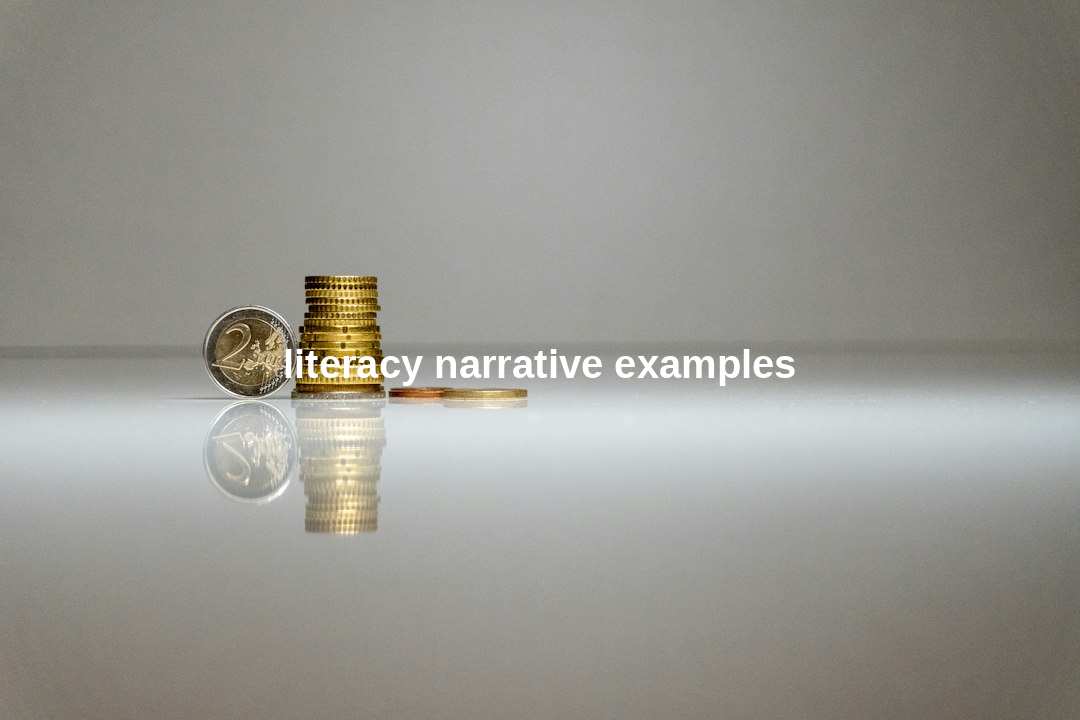Embarking on a journey to further one’s education is a pivotal step that requires introspection, determination, and a clear vision of one’s goals. A critical component of this journey is drafting a compelling graduate program personal statement example, which serves as a unique platform for applicants to convey their narrative to the admissions committee. This personal statement is not just an essay; it’s the embodiment of an individual’s passion, experiences, and future aspirations. As we delve into the intricacies of this essential document, let’s first glance at the key elements that make a successful graduate program personal statement.
| Element | Description | Purpose | Tips |
|---|---|---|---|
| Introduction | The opening paragraph that captures attention | To engage the reader and set the tone for the statement | Start with a compelling anecdote or a powerful statement |
| Body | Detailed sections discussing experiences, achievements, and goals | To provide insight into your background and aspirations | Use specific examples and connect them to the program’s offerings |
| Conclusion | The final paragraph that summarizes the statement and reaffirms interest | To leave a lasting impression and close on a positive note | Reflect on the narrative, linking past experiences to future objectives |
| Relevance | Alignment of the statement with the program’s focus and values | To demonstrate the applicant’s fit for the program | Research the program thoroughly and tailor your statement accordingly |
Crafting Your Narrative: How to Structure Your Graduate Program Personal Statement
When it comes to structuring your graduate program personal statement, it’s crucial to present a coherent and engaging narrative. This document should not only showcase your academic qualifications but also highlight the personal journey that has led you to this point.
The Art of Self-Reflection
Before penning down your story, it is imperative to reflect upon what motivates you, what you’ve achieved, and where you envision your professional path leading. This requires a deep dive into your past experiences, both academic and personal, to uncover the core reason why you are drawn to this specific graduate program. Paint a picture of your evolution, placing yourself at the focal point, where your past experiences converge with the future you aim to create. Present a balanced narrative that weaves together your intellectual curiosity, your professional ambitions, and the challenges you’ve overcome.
In crafting this section, remember to highlight the key moments and decisions that have defined your journey. Discuss the influence of mentors or pivotal experiences that sparked your passion for the field. Connect these moments with the chosen graduate program, specifying how it aligns with your goals and how you, in turn, can contribute to the academic community.
By thoughtfully structuring your personal statement and giving careful consideration to its narrative flow, you will effectively communicate not only your qualifications but also the depth of your commitment and the uniqueness of your perspective. Remember that this narrative is the bridge between your past and the future you aspire to build through the graduate program you are applying for.
Engineering Ambitions: Showcasing Passion and Future Goals in Your Statement

When crafting a graduate program personal statement for engineering, it’s essential to demonstrate both your passion for the field and your long-term professional goals. Admissions committees seek candidates who are not only academically proficient but also deeply passionate about engineering, and who have a clear vision for how they intend to make their mark.
Exuding Passion for Engineering
In your personal statement, make it a point to express your genuine enthusiasm for solving complex problems or designing innovative solutions. Whether it’s a childhood fascination with machines, an inspiring project during your undergraduate studies, or a transformative internship experience, these are the narratives that will resonate with the admissions committee.
The strongest graduate program personal statement examples provide a vivid portrayal of the applicant’s zeal for engineering, backed by concrete evidence of their commitment and ingenuity.
Articulating Future Aspirations
Pair your passion with a discussion about your future goals. Perhaps you aim to specialize in sustainable energy systems, or you see yourself leading groundbreaking research in bioengineering. Whatever your ambitions, illustrate how the program will be a critical stepping stone for achieving those objectives, and how your unique perspective will contribute to the field.
Your statement should connect the dots between your academic pursuits and professional ambitions, clearly demonstrating a trajectory that the graduate program can help to propel.
Literary Aspirations: Blending Personal Interests with Academic Objectives
For those entering the literary field, a graduate program personal statement should deftly weave together one’s personal inclinations with scholarly pursuits. It should reflect an individual’s unique literary voice and an earnest engagement with literature.
Merging Interest with Scholarship
Recounting your journey with literature, from the first novel that captivated you to the academic projects that honed your analytical skills, can illustrate a sustained commitment to literary study. Personal anecdotes can lead into a discourse on the types of literary theory or specific genres that excite you academically.
In the most effective graduate program personal statements, candidates are able to bridge their individual literary interests with the rigorous demands of academic scholarship.
Envisioning a Literary Future
Discuss how the graduate program will foster your growth as a literary scholar. Identify mentors within the program, course offerings, or specific research opportunities that align with your interests. Clearly state how these resources will help you to achieve your scholarly ambitions and contribute to the literary community.
A compelling statement presents a clear vision of how a graduate program’s unique assets will support the candidate’s intellectual and academic progression.
The Comparative Analysis of Personal Statements: What Stands Out to Admissions Committees
Understanding what makes a graduate program personal statement stand out to an admissions committee is key. While many applicants may have similar qualifications on paper, it’s the personal statement that can distinguish one candidate from another.
Defining the Exceptional
Admissions committees are attracted to personal statements that offer a distinct voice and a narrative that is convincingly tied to the candidate’s chosen field of study. They appreciate statements that deftly blend personal anecdotes with professional goals, thus providing insight into the applicant’s character and potential.
A standout graduate program personal statement seamlessly marries an engaging personal narrative with academic and professional aspirations, creating a vivid profile of the candidate.
Aspects Beyond the Academics
It’s not just intellectual prowess that admissions committees are looking for. A statement that shows resilience, adaptability, and an open-minded approach to learning can be just as persuasive. They seek candidates who demonstrate they are well-rounded individuals ready to thrive in both the academic setting and the wider professional world.
What sets apart a winning personal statement is the portrayal of a multifaceted individual, whose personal qualities and life experiences enrich their academic and professional potential.
Concluding Thoughts: The Essence of an Impactful Graduate Program Personal Statement
In the final analysis, the ultimate purpose of a graduate program personal statement is to serve as a distinctive narrative that provides admissions committees with insight into who you are beyond transcripts and scores. It’s your chance to tell your story, to build a bridge between your past achievements and future dreams, and to demonstrate how their specific program fits within this trajectory. Crafting a statement that’s reflective, insightful, and authentic will always be the key to leaving a memorable impression.
The essence of an impactful graduate program personal statement lies in its ability to tell a compelling personal story that weaves together academic proficiency, professional goals, and individual character.
Now, let’s summarize the critical information that we’ve discussed regarding the perfect graduate program personal statement:
- Begin with a hook: Start your statement with an anecdote or statement that grabs attention.
- Show passion and purpose: Clearly articulate why you are interested in this particular field or program.
- Highlight relevant experience: Discuss academic, professional, or personal experiences that have prepared you for graduate studies.
- Set clear goals: Describe what you hope to achieve in the graduate program and beyond.
- Demonstrate fit: Show how your interests align with the program’s offerings and values.
- Be authentic: Be honest and genuine in your storytelling. Authenticity resonates with readers.
- Maintain focus: Keep your narrative focused and relevant to the program to which you are applying.
- Edit and revise: A well-polished statement reflects your commitment and professionalism.
- Seek feedback: Share your personal statement with mentors or peers for their input.
- Stay true to your voice: Use language that feels natural to you, while remaining professional and articulate.


